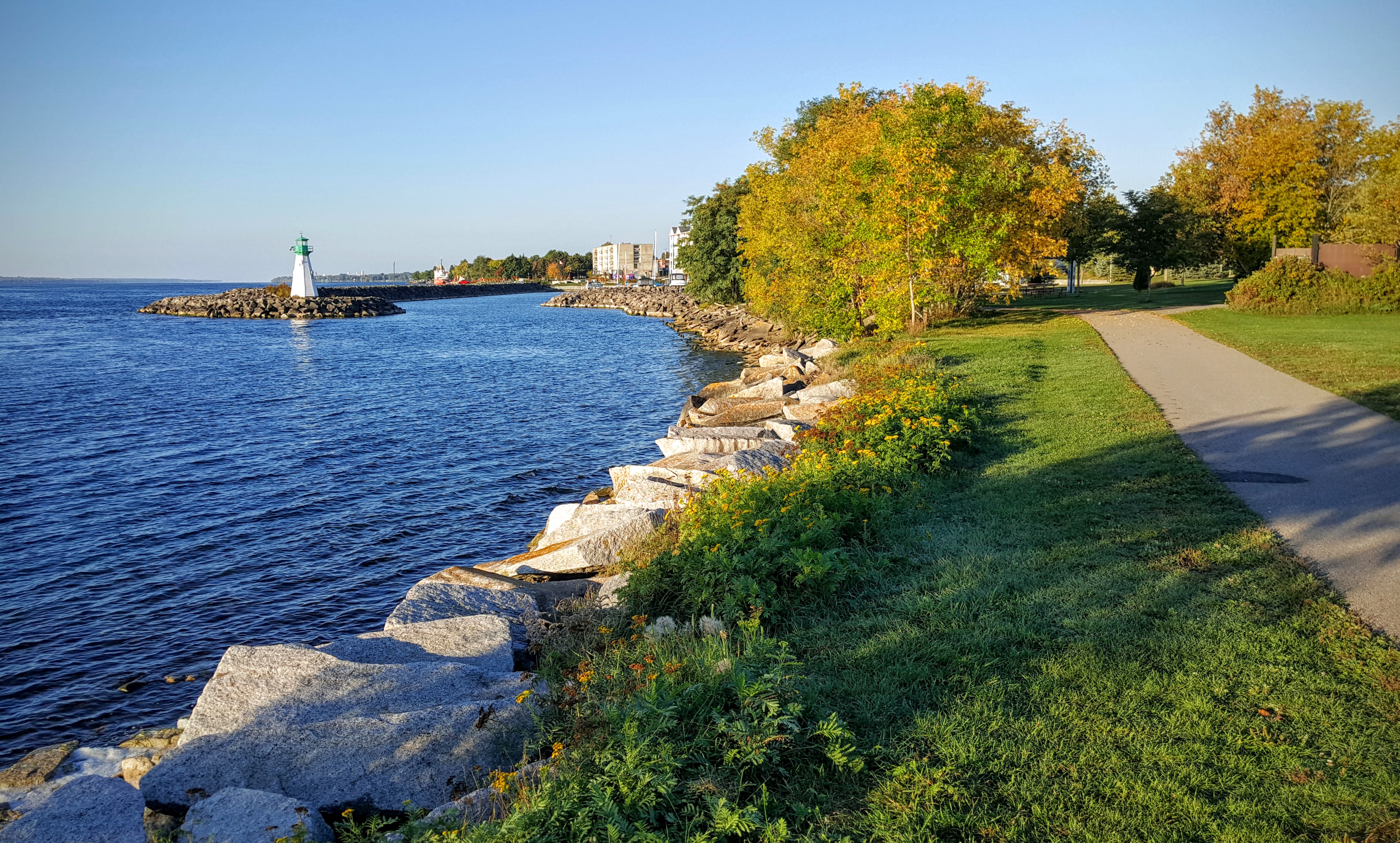The Leeds, Grenville and Lanark District Health Unit suggest the public exercise caution when dealing with blue-green algae blooms.
The Health Unit says that algae blooms are a natural, seasonal phenomenon that appears in lakes, rivers and ponds that are mostly harmless. Some species of algae can produce toxins that may be harmful to people and animals but the presence of these toxins can only be confirmed using a lab test. According to experts the toxins will commonly cause skin irritation, nausea and vomiting. In higher concentrations toxins have also been known to cause liver damage.
Health Unit officials suggest using caution and becoming familiar with blue-green algae if you use surface water for recreation or drinking. Algae blooms degrade with time but it is impossible to know if the toxins have completely left the area. According to the Health Unit once the toxin is released where it goes depends on characteristics of water movement in the area. It will eventually safely disperse into the body of water.
The Health Unit says surface water is never a safe source of drinking water without effective treatment. Common treatment methods like boiling, chlorination or ultraviolet light treatment do not remove the toxins released by blue-green algae. If your drinking water shows signs of blue-green algae consult a water treatment specialist.
According to the Health Unit it’s best to avoid entering the water during an active algae bloom and there are several factors to consider when debating whether water will be diluted enough for recreation. Faster moving water dilutes the toxin out of the area more quickly but water flow patterns differ from one body of water to the next. Officials say skin irritation is the first sign of high toxin levels in the water, so if this occurs it is best to wait a few more days. Finally the Health Unit cautions against eating fish caught in a blue-green algae bloom and add that the toxins are concentrated in the liver, so it is vital not to eat the organs.
Residents are encouraged to contact the Spills Action Center at 1-800-268-6060 to report any new blue-green algae blooms. This way the location and number of blooms can be monitored. For more information about blue-green algae, visit http://www.healthunit.org/recwater/blue-green-algae.html or call 1-800-660-5853. You can also follow LGLHealthunit on Facebook and Twitter for important public health updates.



